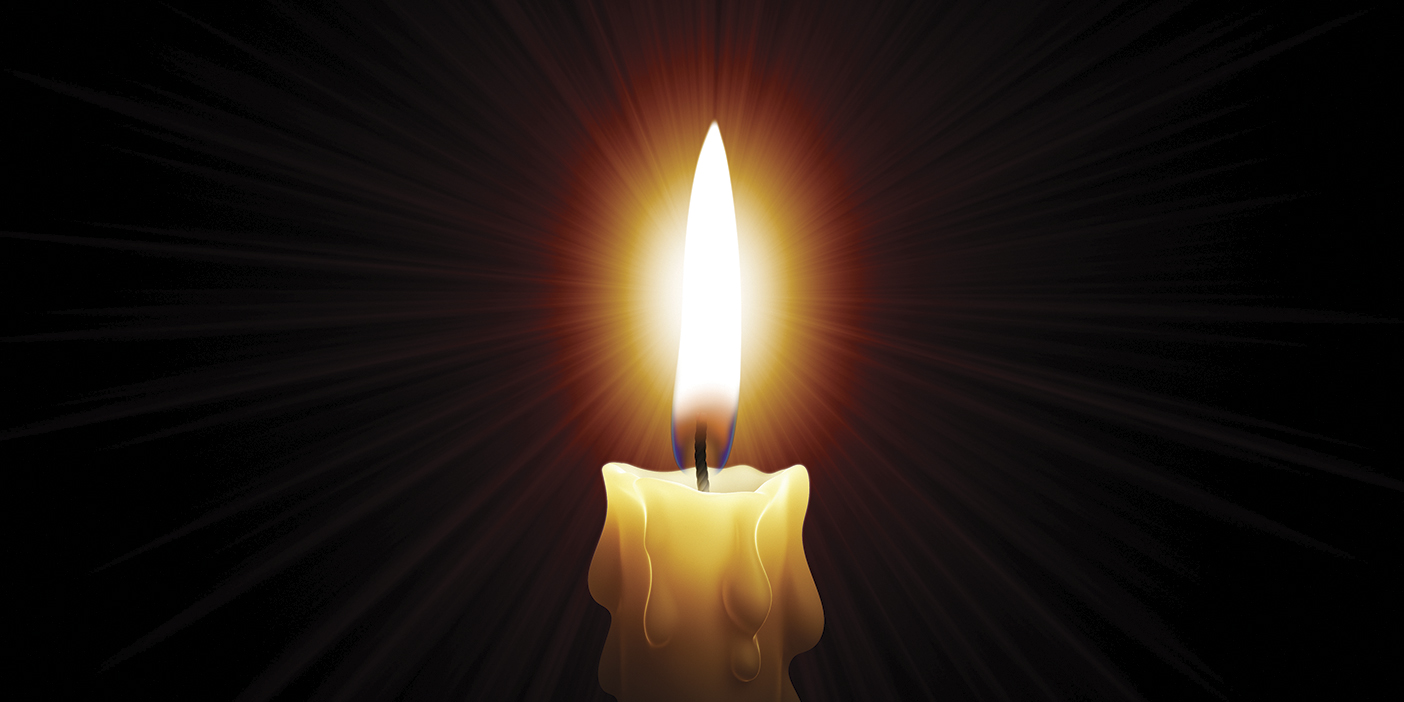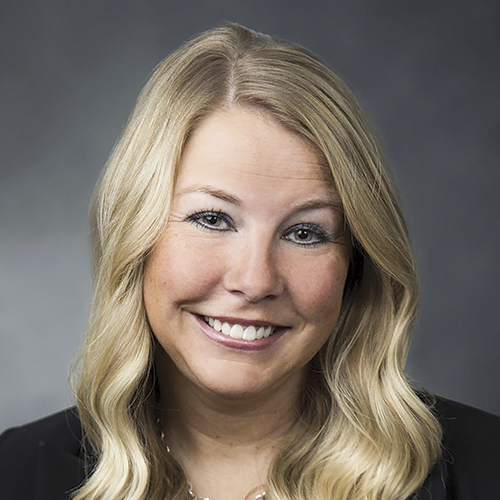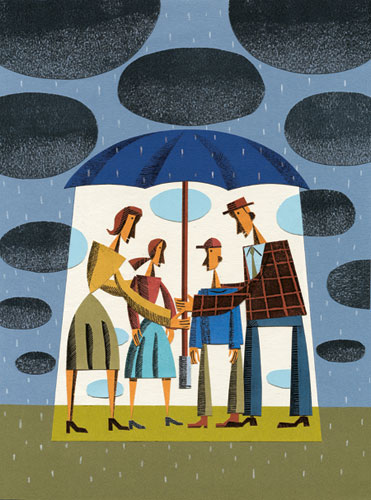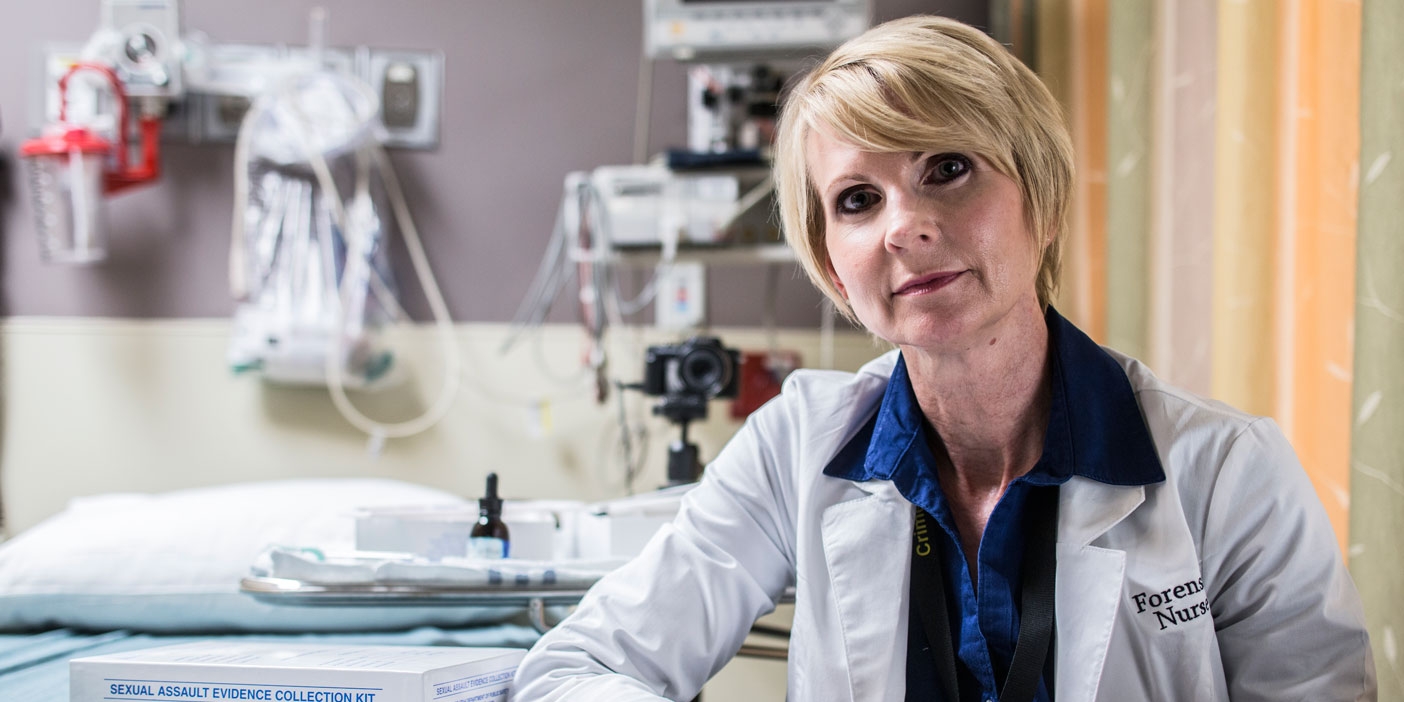
You are not alone.
These are powerful words for someone who has experienced sexual violence. Sexual violence in any form can be incredibly isolating. Survivors commonly feel that they are alone—that they are the only ones who have experienced this, that no one understands, or that no one will believe them—and they are plagued with thoughts of self-blame and shame and doubt.
But when survivors sense that others have faced these same struggles, that those around them care and are willing to stand up for what is right, that’s when many find the courage to come forward. And then they can get the support they need to restore themselves and even gain strength from these tragic experiences.
The recent momentum generated by the #metoo trend on social media and by mainstream media coverage of sexual violence is making an impact on our society. From politicians and media personalities losing their jobs over sexual misconduct to Time magazine naming the “silence breakers” as the person of the year, victims are starting to see that they are not alone. They recognize that others are willing to take a stand against the cultural norms that have allowed sexual misconduct to persist for too long. They feel that they are supported and that they no longer need to hide behind a wall of self-doubt and a culture of victim blaming. By bringing this issue to light, victims no longer need to live in the dark.
BYU’s recent survey about student perceptions of sexual misconduct and the occurrence of sexual violence among BYU students is another step toward illumination (see p. 11). As with the many other universities that have recently conducted such surveys, the BYU study is a candle in the darkness, helping students and others see this societal issue for what it is. That awakening is the first important step to healing, the first vital move toward change.
“In our own lives, each of us can make a difference in creating awareness and spreading a message of support. ” —Tiffany Turley
In our own lives, each of us can make a difference in creating awareness and spreading a message of support to victims of sexual violence. Sexual violence is not a “women’s issue”; it is a human issue that affects all of us. Together, we must join our voices in ending the silence that has existed around this topic. Yes, it can be uncomfortable to discuss and even more difficult to admit the harsh reality that these crimes are committed by and against those we know and love. But together we need to face this head-on and stop the silence. As with any societal ill, silence further hurts those who are already hurting and provides opportunity for perpetrators to continue to spread darkness.
In our homes, our neighborhoods, and our country, we can start by believing the stories of victims and seeking to support them in their healing process. We can evaluate our own biases that may perpetuate victim blaming, we can stop turning a blind eye to misconduct we may witness, and we can stop making excuses that minimize what an offender has done. Each action we take has the potential to make a difference and change someone’s life.
While nothing we may say or do will change the fact that a victim has experienced sexual violence, our words and actions can have a life-altering impact on that person’s healing, and we can ensure that no victim ever feels alone. And as we all—men and women—gain greater awareness about what sexual violence is and what healthy relationships look like, we can help prevent future violence.
You are not alone. Me too. These short, powerful phrases give a voice to the voiceless, restore power to those who have been made powerless, and shine a light stronger than any darkness in a world in need.

As BYU’s new Title IX coordinator, Tiffany Turley oversees all investigations of sexual misconduct and seeks to prevent sexual violence through education and advocacy.












